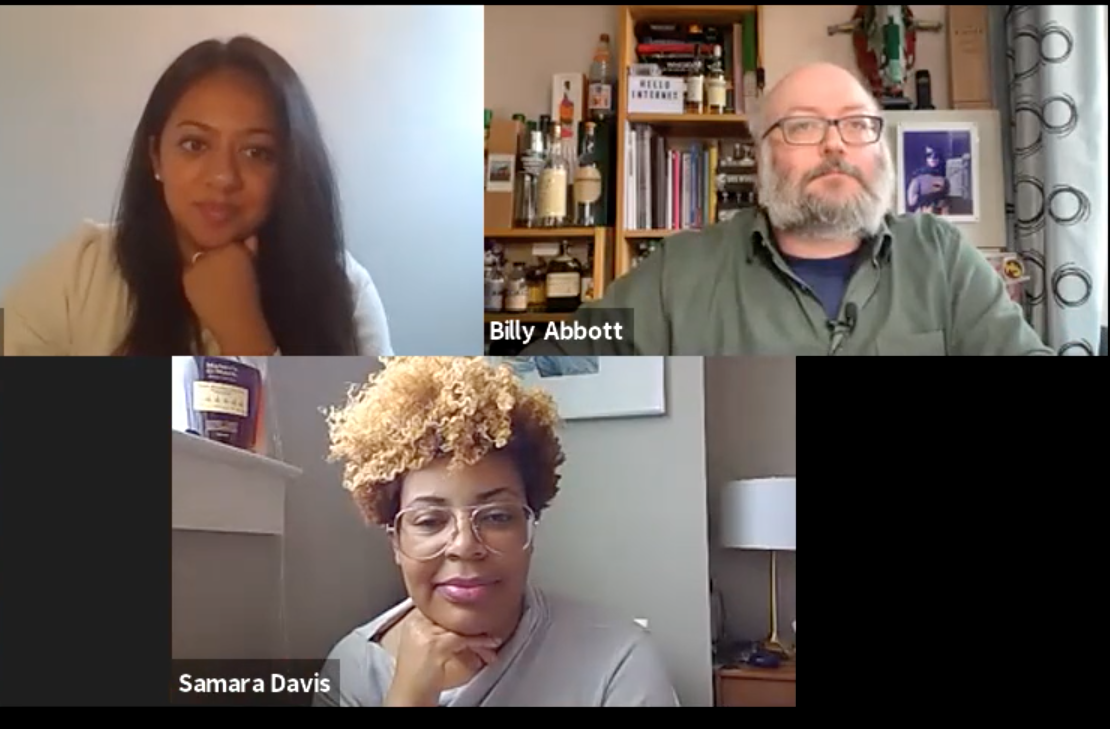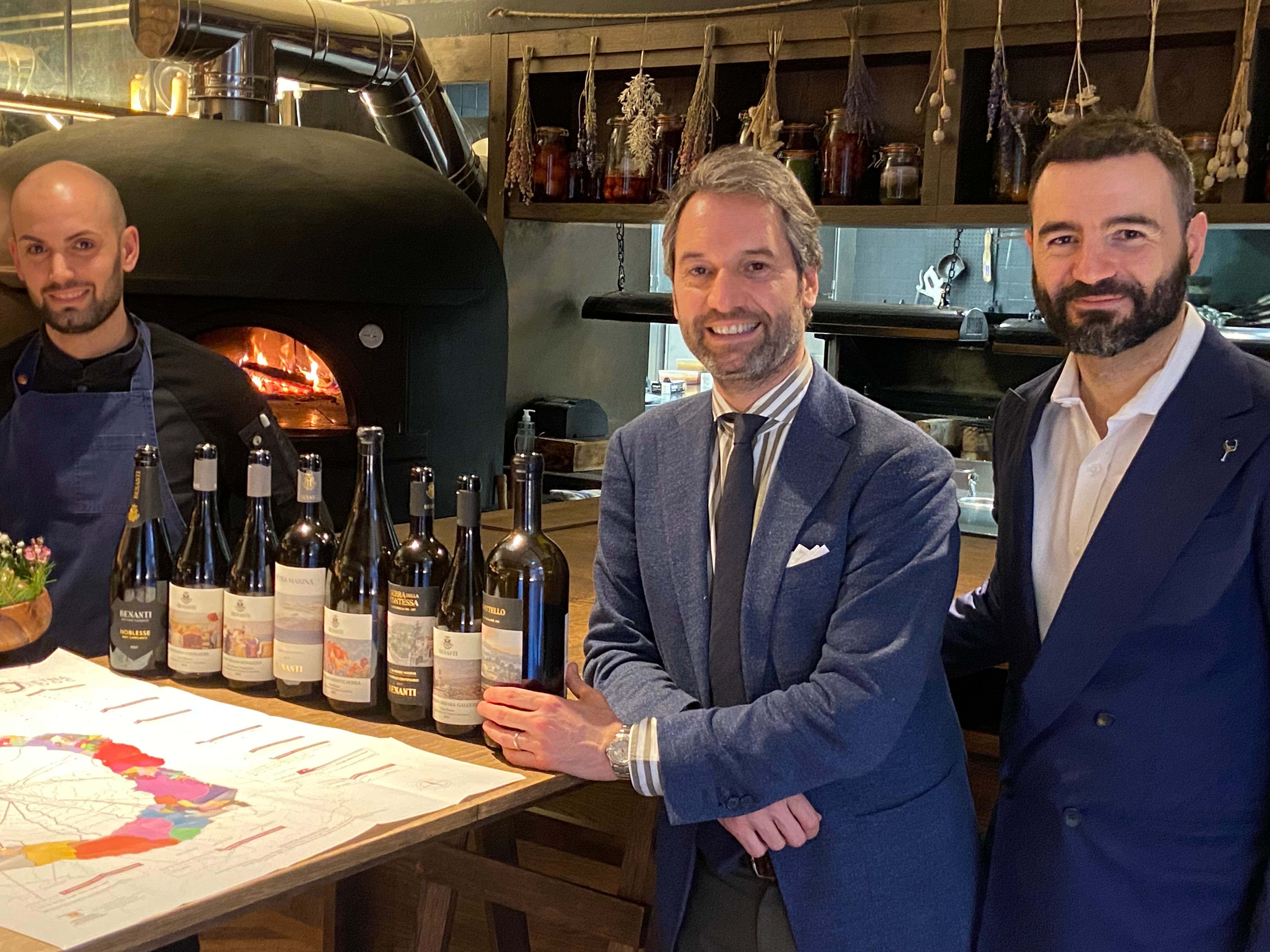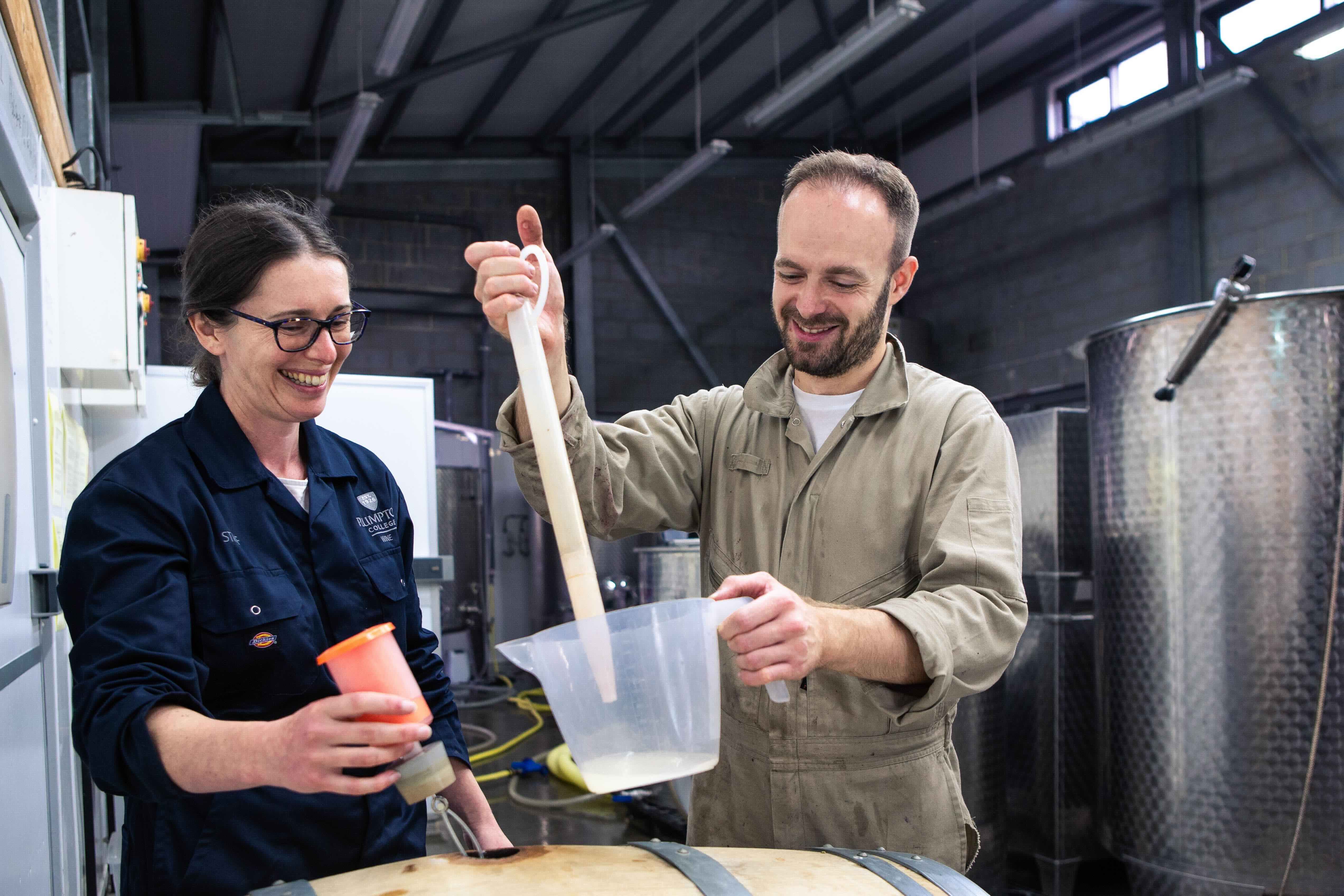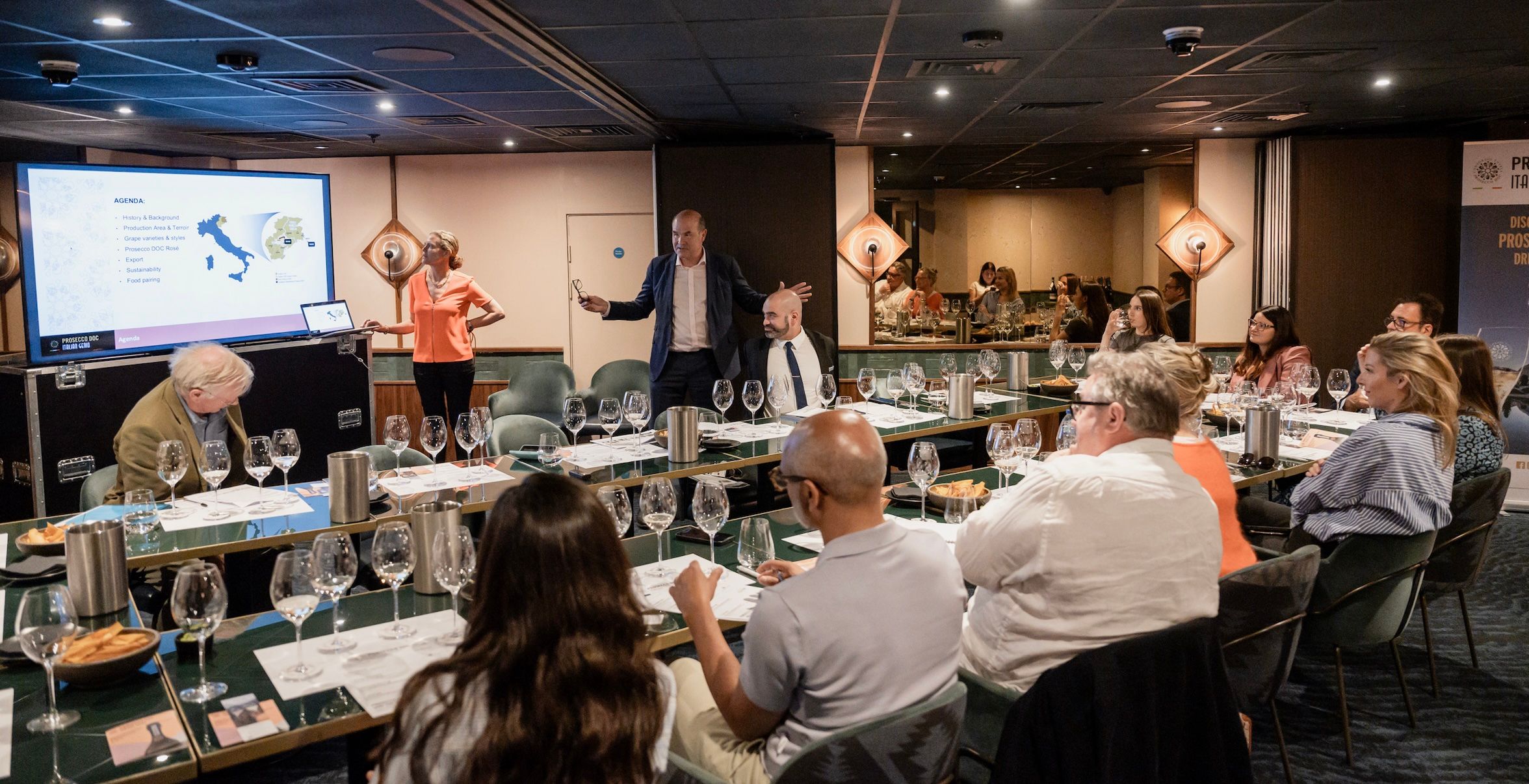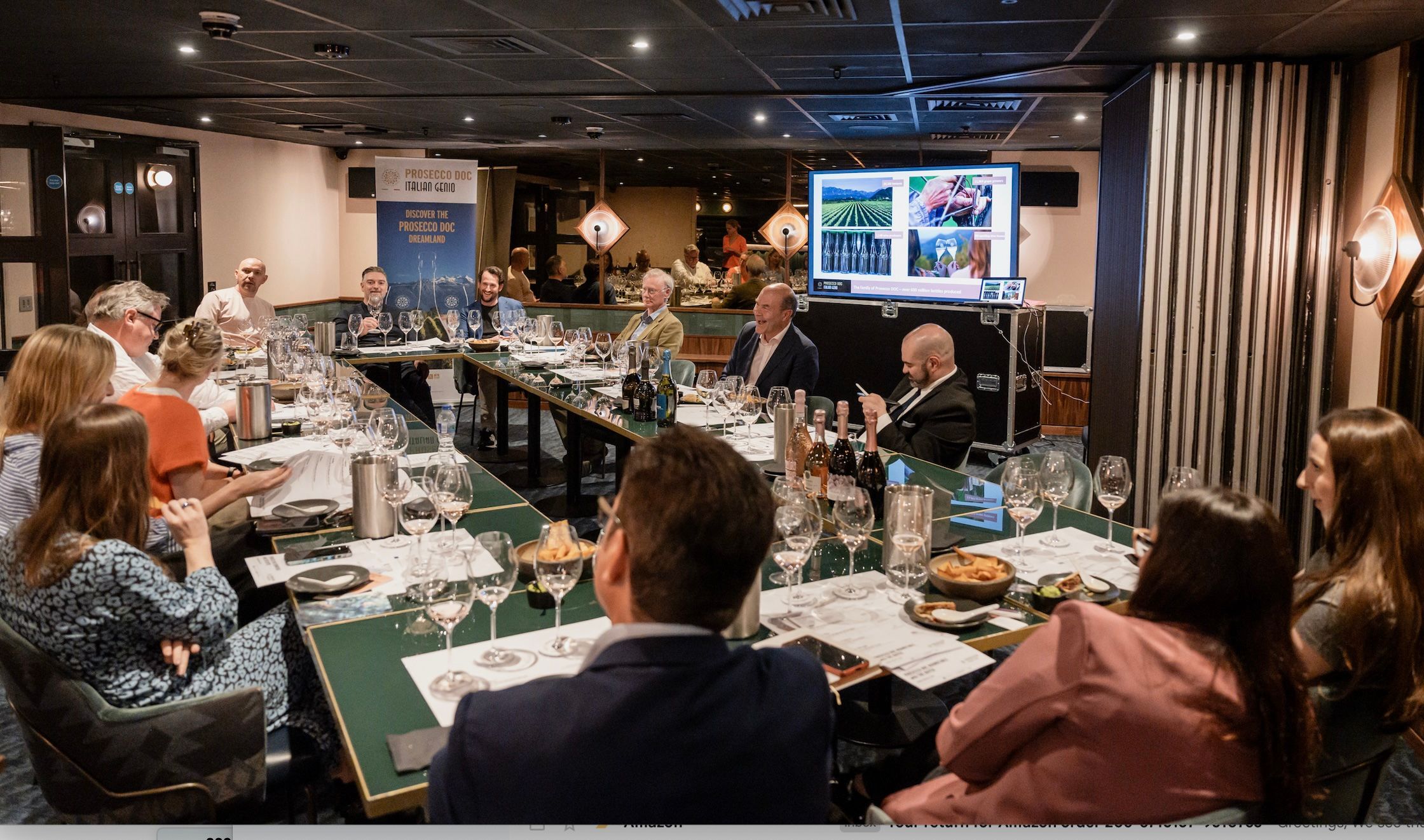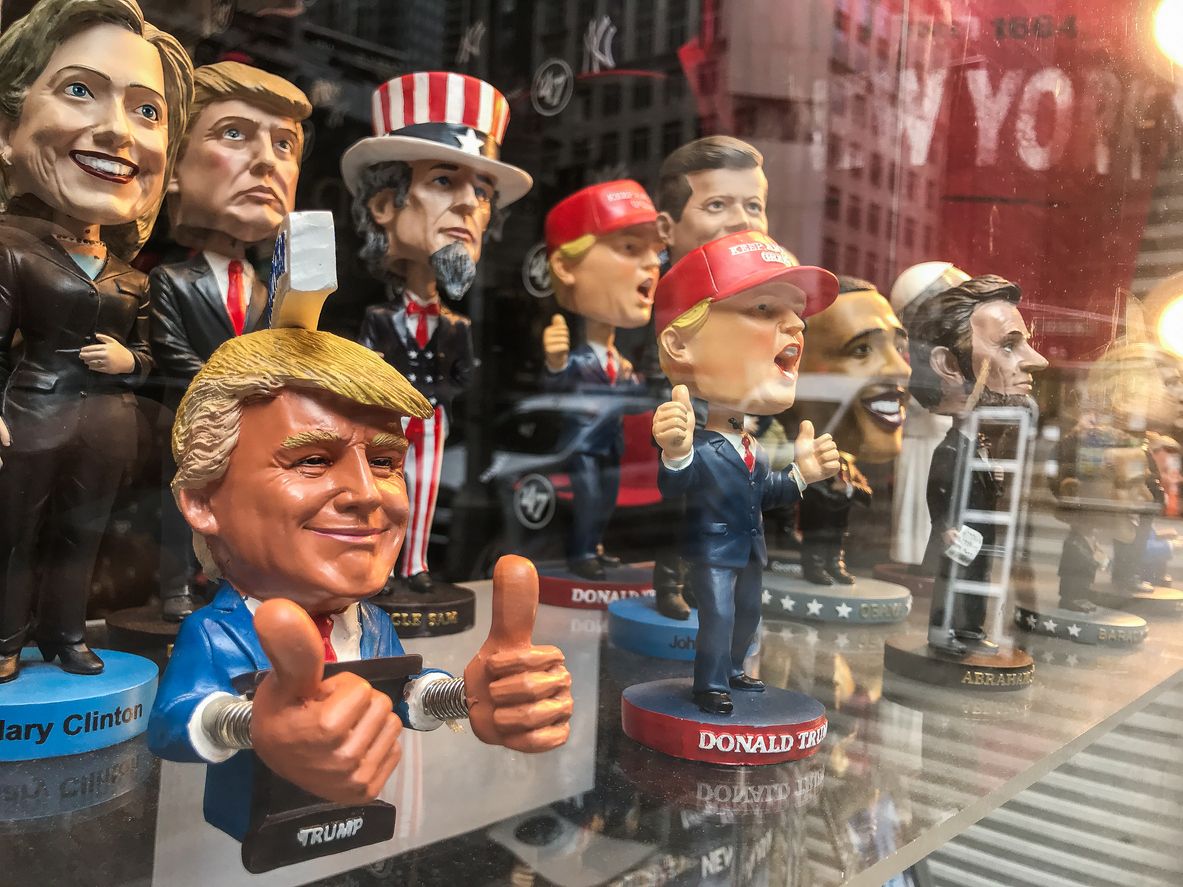The living room or the tasting room: is online whisky discovery here to stay? That was the topic under debate by leading whisky figures including: Tess Syriac, marketing director at Starward Whisky (US); Louise McGuane, founder of JJ. Corry Irish Whiskey (Ireland); Samara B. Davis, founder and chief executive of The Black Bourbon Society (US); Christopher “Billy” Abbott, author and educator at The Whisky Exchange (UK); chaired by whisky writer, Becky Paskin. You can watch the full debate here.
“I know I have my table booked” laughs Becky Paskin, as she opened the debate on the future of online whisky tastings by admitting she already has her plans in place to go back to a bar as soon as she is allowed. She is not alone in longing for real life experiences in a real venue again. But despite the upcoming reopening of hospitality venues, the popularity of virtual tastings throughout the past year can’t be ignored. The public poll taken at the beginning of the summit proves a majority of consumers believe they’ll continue – 89% of the audience to be precise.
It was impressive to hear how whisky brands put their thinking hats on to come up with new exciting ways of engaging with consumers during the pandemic. “It required us to turn everything that we knew upside down,” says Tess Syriac from Starward Whisky. The switch online for Starward meant reanalysing how they use their social channels to interact with consumers. “We have pivoted the way we use them and what their intent is for,” she says.
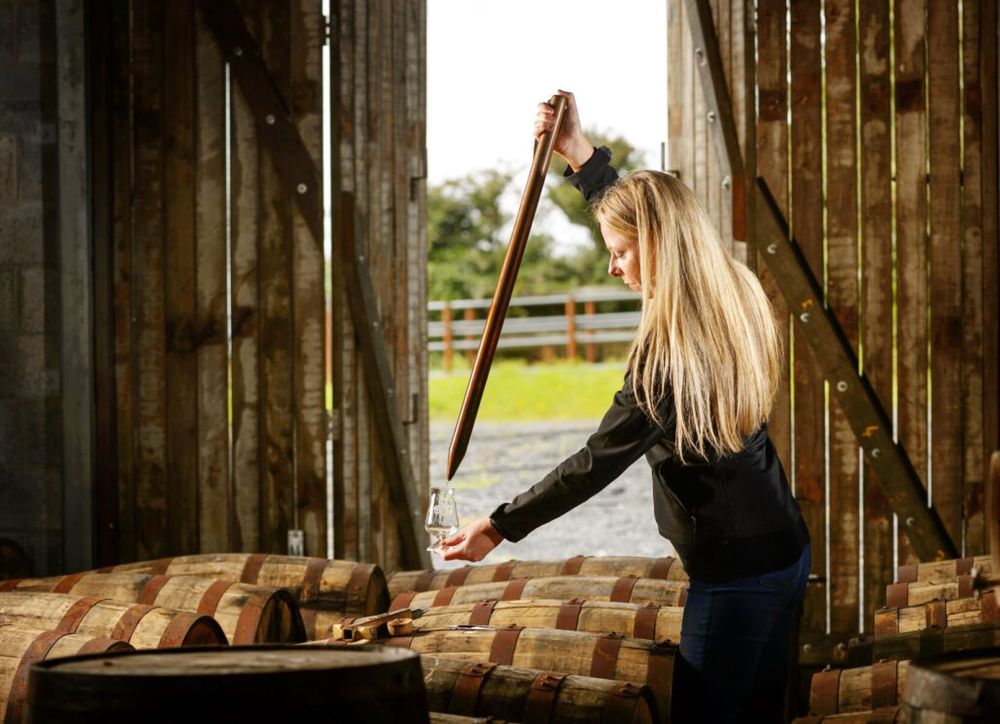
Louise McGuane at JJ Corry Whiskey says it has been able to use online tastings to get instant feedback from consumers to help introduce new brands
For Louise McGuane at JJ. Corry Whiskey, the closure of in-person sites was hugely beneficial for its Irish whisky brand and business: “For small brands, to some degree it’s been a great leveller,” she says. One benefit of everyone being at home is that more events took place: “It’s been one of the busiest years for me since we started the business. You can do five events in one night when you’re doing them virtually. You can’t do that when you’re in person.”
Two projects that evolved as a result of the lockdown were the launch of two different whiskies that came about thanks to the help of online groups. One being a crowdsourcing project where JJ. Corry asked 250 people to help them choose a new whisky from a set of samples, and the other, through its American Facebook group, where a specific blend was created for them.
“We spent about five or six months announcing how we were launching it and how we were making it and really involving them in the process,” says McGuane.
Educational experiences
Samara Davis also had to think creatively once lockdown was in place. “[It was like] throwing bubblegum on the walls to see if it sticks”. What she noticed specifically was “a surge” in the number of people becoming members in lockdown who were looking for an educational experience with whisky. “Working with the brands and learning to create opportunities to highlight what makes them special, what makes them unique to others in the category, was something that was important to the consumers,” she says.
For Billy Abbott, the switch online for The Whisky Exchange tastings wasn’t simple at the beginning: “It was a spectacular mini-failure on the technology front for the first one.” But it also meant thinking more creatively and creating events that would seem just plain wacky in real life such as their 24-hour rum show, where rum experts and brand owners from across the globe talked on a livestream. “I sat in the back wearing a straw hat and a tiki shirt, making sure the technology didn’t fall over. It was just absolutely insane,” says Abbott.
The Whisky Exchange is also known for its annual Whisky Show which also had to go online last year. In 2021, even though it can now host the show in person, it’s not getting rid of the virtual aspect completely: “We’re doing an online component to our physical show. For us it’s really continuing what’s been happening, but as an additional thing that we can keep going.”
Monitoring the virtual space
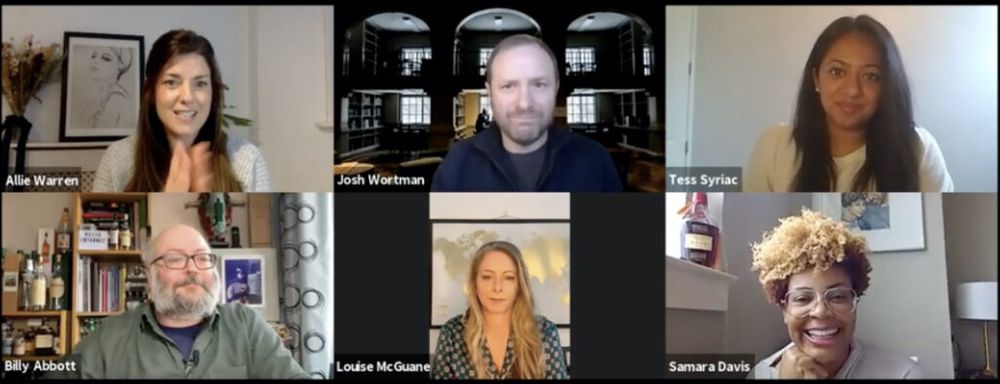
This was the third in a series of debates organised by Distell Ventures – the drinks start up division of Diageo
While the panellists were overall fairly positive about working online with tastings, one potential issue they agreed on was controlling the whisky club or brand communities in a virtual space.
Davis says that having to deal with negative comments is just a given. “It comes with the territory and what we have to realise is people are stressed, they are isolated and alone. But what we try to do is weed all of that out, and we don’t allow a bullying nature.”
One way to efficiently avoid negativity, Abbott says, is by making sure you set some house rules. “We made the rules very clear at the beginning. If you say to people, ‘we will not tolerate you not being lovely’, then they’re a lot more likely to be lovely.” Positivity is the big thing as well. [Managing] that attitude can often help it not get to the [uncomfortable] stage it might do otherwise.”
Despite the risk of negative comments in online communities, Abbott says one thing that outweighs this risk is the increase in people attending tastings for the first time online who would be unlikely to attend in person. Paskin agrees, saying that when she started her OurWhisky festival this time last year, “people were more forthcoming and less afraid to ask questions […] I feel digital is a much kinder space.”
The lack of miniatures
With the rise of online tastings, what has been a big success for whisky brands in the UK, according to Paskin, is the availability of miniatures. This is because they allow consumers to try before they commit to a bigger investment, and a bigger-sized bottle. But in the US, Paskin says a scotch miniature is “near-on impossible” to come across due to it having to be bottled over 3,000 miles away in Scotland.
Davis thinks the miniature is an untapped market as of yet in the States: “It’s certainly a lot easier to use the 50ml bottles. It’s something that a lot of the mainstream brands have come out with, to the scotch perspective, that is something lacking here in the States.” For her club members, when miniature sets have been available in supermarkets, they’ve snapped them up at their local Costco to buy the set as it meant they could try the whisky out without having to invest $150-180 on a bottle of something they didn’t know they’d like.
Goodbye to the bartender?
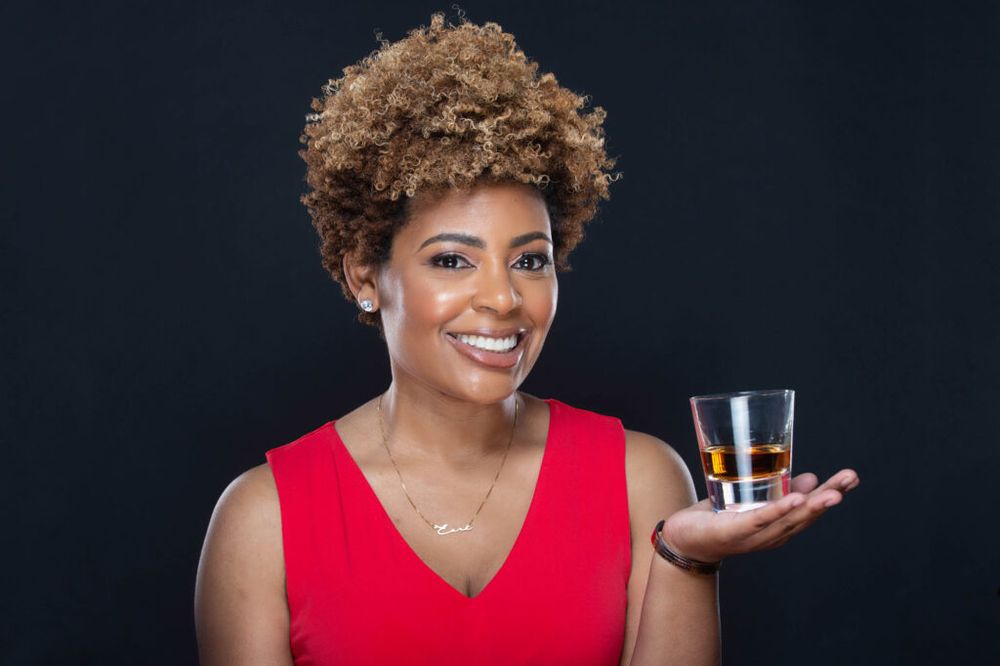
Samara Davis of the Black Bourbon Society believes holding online tastings is a more relaxed format for many of its members
Pre-pandemic, the bar was the heart of where you’d learn about whisky brands, and the bartender would be where you’d get your recommendations. But with the rise of online education and tastings, brands and whisky clubs are able to take the lead in this role now, says Paskin.
For Davis, the future will see a mixture of learning at the bar but also with whisky clubs and brands. “Our members feel comfortable coming into our safe space. It saves the embarrassment from when you go to the bar, you never know what reception you’re going to get from the bartender at that time.”
Davis doesn’t think the value of the bar is out the window just yet, but she does think the pandemic has allowed her consumers to understand more about whisky and about what they like. “When the world opens up, we will still suggest to our members go out and try different whiskies at the bar. They come with some sort of knowledge up front, but they know exactly what they want to taste, versus having to hunt or just buy [an] expensive bottle of whisky just because they only heard reviews online.”
The values of influencing
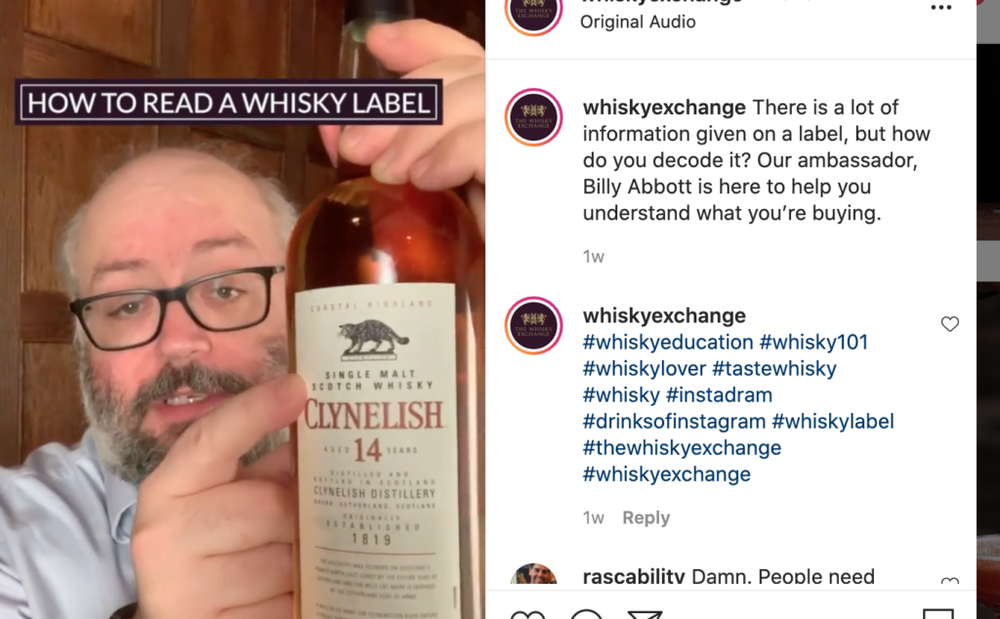
Billy Abbott at the Whisky Exchange says it has been able to use Instagram to introduce whisky to so many more potential customers
One positive development coming from the move to virtual spaces for whisky brands that was brought up several times during the summit is the increase in work being done with online influencers. Tess Syriac, at Starward Whisky, says brand ambassadors have been key to bringing at-home experiences to life for Starward: “We work with some incredible influencers doing Instagram lives and in different kinds of sessions to just help create these conversations around whisky and what it means.”
The whisky influencer community is also important to McGuane who has been in the process of launching JJ. Corry across the States without actually being able to go there. This community has been particularly useful due to having a larger following than whisky influencers based elsewhere. She still notes however that “authenticity and real passion and desire around whisky” is an absolute must if they are to be truly beneficial to the brand.
Abbott also talked of the importance of using online platforms to become closer with his consumers. “It’s about creating a personal relationship as much as you can with your viewers and making sure people realise that’s not fake.” Consumers need to be able to see the people behind the brand image and feel like they could build a rapport with them. As Parkin notes, showing yourself as a person behind the brand means you’re far more likely to engage with it as a result.
The rush back to in-person tastings is certainly something that the panellists agreed they were very excited about. But thankfully, the huge list of benefits of virtual tastings means that online events are likely to continue into the future. We don’t need to shut down our computers just yet if we aren’t ready.
- You can watch the full debate here on the Distill Ventures website.
